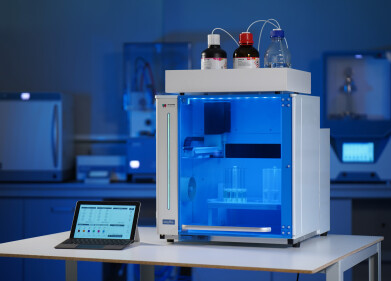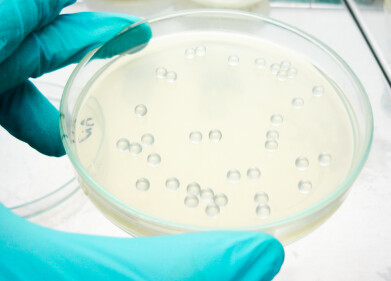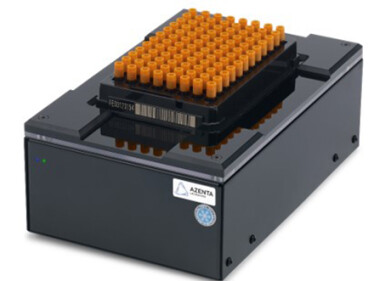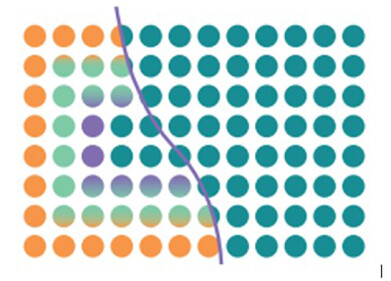-
 Transmembrane proteins on a plasma membrane.
Transmembrane proteins on a plasma membrane.
Sample Preparation
Problem-free preparation of active form membrane proteins
Dec 09 2024
AMSBIO announce a new range of Synthetic Nanodiscs that enable preparation of multi-pass transmembrane proteins in their active form, revolutionising the future of membrane protein research and drug development.
Membrane Proteins account for more than 60% of all FDA-approved drug targets and 90% of antibody-based drug targets. Many traditional sample preparation methods struggle with challenges in obtaining water-soluble and bioactive forms of multi-pass transmembrane proteins.
Commonly, detergent has been widely used to produce multi-pass transmembrane proteins. However, a major downside of this technique is that the detergent cannot be completely removed. This can be problematic for downstream applications, as the presence of detergent may interfere with experiments or affect the protein structure.
An alternative technique to obtain proteins with good solubility and correct folding is to use peptides derived from the N-terminus or extracellular loops. Unfortunately, transmembrane proteins prepared by this method may not retain the structural features and conformation of the original extracellular loops of the transmembrane protein in the native membrane.
Another method is to use membrane fractions, whole cells or VLPs to maintain the natural structure of transmembrane proteins, but immunisation with these products has been shown to result in high levels of non-specific antibody background.
Based upon an innovative polymer-based platform, Synthetic Nanodiscs offer a more advanced solution compared with these traditional solutions. Synthetic Nanodiscs have been shown, in multiple applications, to produce full-length membrane proteins with high purity and excellent solubility in aqueous solutions. Beneficially the proteins incorporated into Synthetic Nanodiscs are in a native membrane environment, ensuring they remain biologically active. There is no detergent in these products, making them suitable to use in cell- based assays and other experiments. Overall Synthetic Nanodiscs eliminate the need for membrane scaffold proteins, creating a streamlined cleaner system with reduced interference in downstream assays. In this way, our Synthetic Nanodiscs enable the functional characterisation of multi-pass transmembrane proteins in their active form, revolutionising the membrane protein research and drug development.
More information online
Digital Edition
Lab Asia 31.6 Dec 2024
December 2024
Chromatography Articles - Sustainable chromatography: Embracing software for greener methods Mass Spectrometry & Spectroscopy Articles - Solving industry challenges for phosphorus containi...
View all digital editions
Events
Jan 22 2025 Tokyo, Japan
Jan 22 2025 Birmingham, UK
Jan 25 2025 San Diego, CA, USA
Jan 27 2025 Dubai, UAE
Jan 29 2025 Tokyo, Japan


















